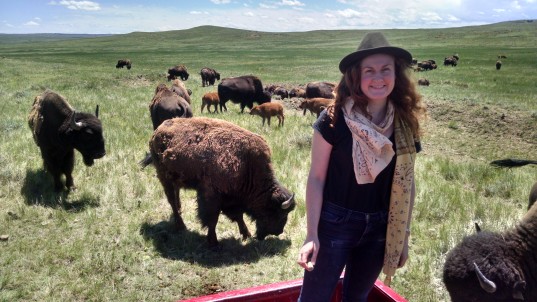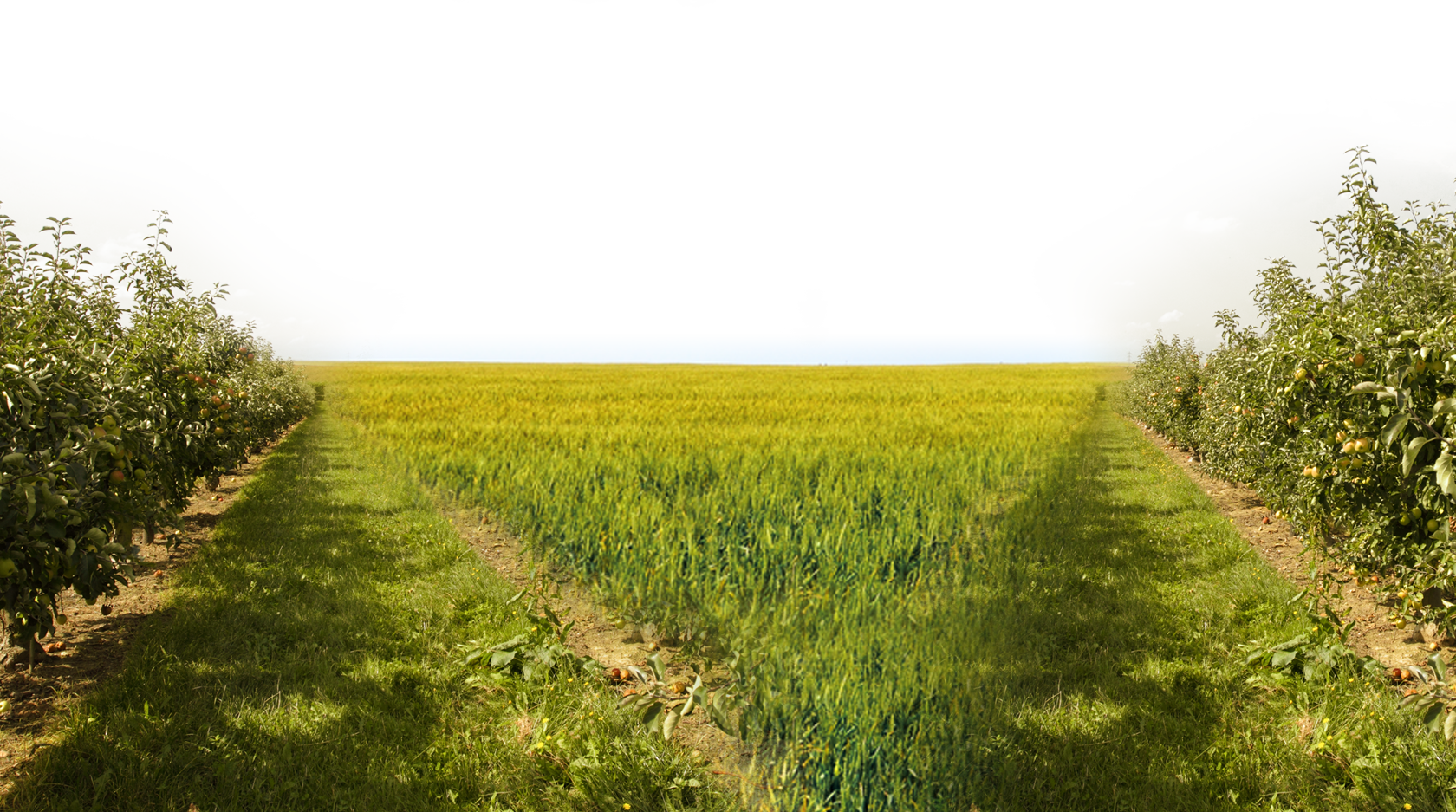
Slow Meat “Eat Better, Eat Less”: Take a Virtual Bison Ranch Tour
By Elizabeth Chatellier, MA, RDN | 0 Comments | Posted 07/14/2015
https://vimeo.com/131833740
Slow Meat, hosted by Slow Food USA, in Denver, Colorado is a biannual Springtime event that supports the production of “good, clean and fair” meat of all kinds. Slow Meat brings together producers, thought leaders, chefs, nutritionists, and eaters who share a common interest in learning all there is to know about sustainable meat production. The goal of Slow Meat is “Eat Better, Eat Less”, stressing the importance of quality over quantity in a Five Point Campaign:
- Join Meatless Mondays: “Reducing meat consumption by eating plant based meals occasionally, Monday or any day, reduces strain on the environment and improves individuals’ health.”
- Biodiversity: A Thrill on the Grill: “By identifying and championing these [meats] we keep them in production and on our plates.”
- Learn the Labels: “To truly eat better meat, we need to know where our meat comes from, who raises the animals, how they are cared for, and what their diets consist of. This means that the best way to eat better meat is to buy direct from local farmers and butchers whenever possible.”
- Give Better Meat a Sporting Chance: “Slow Food USA is getting in on the game – advocating for better meat and less meat in arenas and stadiums. When you consider the passions aroused by sports and by food, it only makes sense that Game Day has inspired some of the USA’s most iconic and unique food traditions, traditions we’re taking back from the industrial food chain.”
- Eat Nose-To-Tail: “The butcher, the chef, the rancher, the foodie, the environmentalist and the thrifty shopper all find a spot at the table when the menu is nose-to-tail.”
There are two extremely beneficial ways to experience the Slow Meat festival:
- Become a change maker delegate and participate in an inspirational two-day conference, which examines “the current state of meat and look for solutions to the industrial system”.
- Attend the one day free public fair where you can experience meat production firsthand in culinary skill workshops, talk with thought leaders, such as Temple Grandin (an autistic activist, best-selling author, and a consultant to the livestock industry on animal behavior) and stroll through the producers tents and sample an array of sustainable meat products, including charcuterie and crickets- yes, crickets!
While I was there, I met up with rancher Dave Carter, who is the Executive Director of the National Bison Association, as well as a fellow Wild Oatie blogger, and was featured in the virtual bison ranch tour video. Here is an interesting tidbit he told me about sustainably produced meat: “Livestock tends to be blamed as a cause for global warming. However, animals like these bison play a very positive role in the environment. The landscape on the ranch is a grassland ecosystem. The grasses on the prairie have the growth above ground and extensive roots systems, and serve as a very powerful tool for removing carbon from the atmosphere and returning it into the soil. Grasslands evolved in concert with grazing animals like bison. And, without those grazing animals clipping the excess growth, fertilizing the soil with manure, and burying seeds with their hooves, the grassland ecosystem collapses. So, in reality, the bison at the Plains Conservation Center are playing an important role in keeping a carbon trap healthy.”
As a dietitian I believe that “Eat Better, Eat Less” meat is the best way to experience pleasure while also improving our health and well being. Whether or not you are able to attend Slow Meat festival in future, you can incorporate this motto easily into your lifestyle, starting today.
Please share with us your own personal sustainable “eat better, eat less” meat stories by commenting on this post.
For more information on the Slow Food movement, and to join a local chapter, please visit www.slowfood.com.


 Contact us
Contact us




























